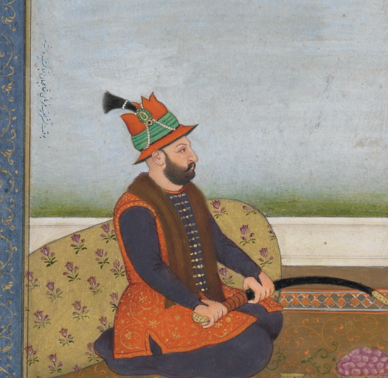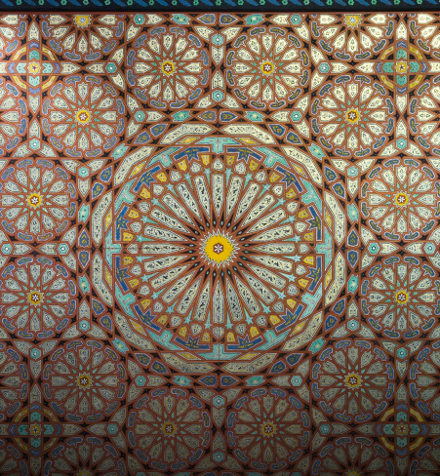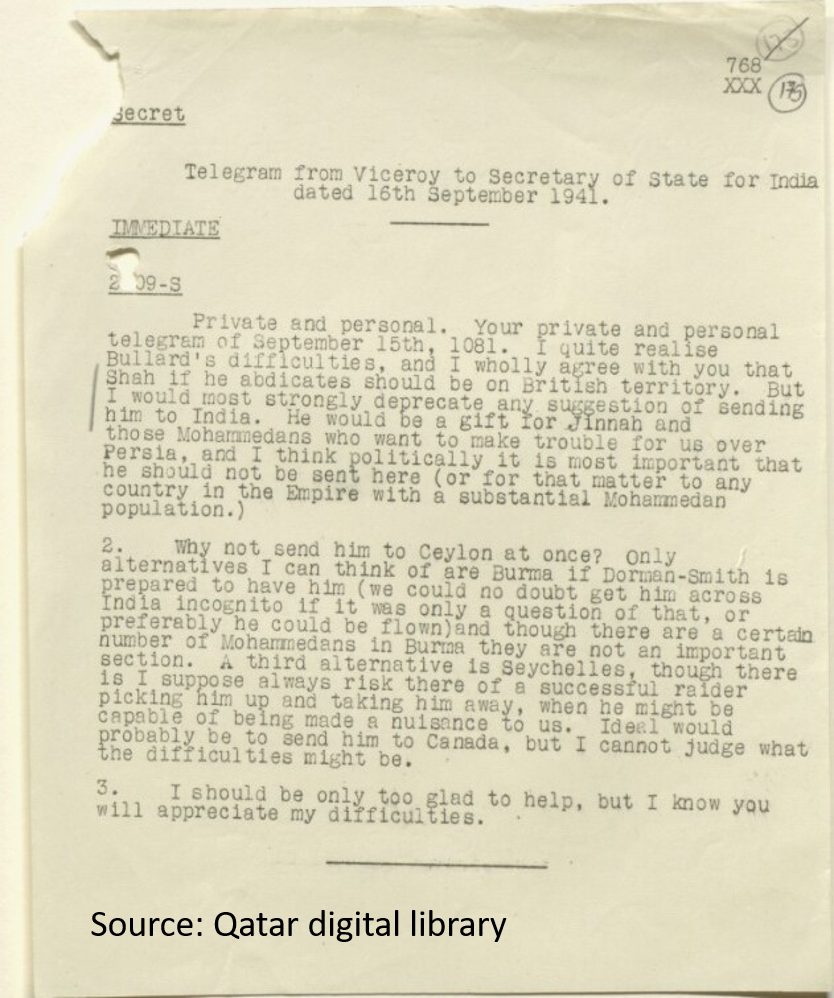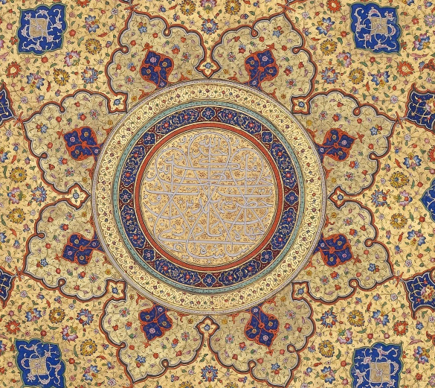When Reza Shah saw that he had to resign, he requested from Mohammad Ali Foroughi (Zaka al-Molk) to become the Prime Minister and to help arrange for his son, Mohammad Reza, to become heir to the throne. Although Foroughi had been treated unkindly by the King, he accepted this serious responsibility with the sagacity and perspicacity that he possessed. He arranged Reza Shah’s resignation, with Mohammad Reza as the heir to the throne and promptly started working to form his government.
Of the people at Dr. Mosharaf Nafisi’s house who chose governmental positions for themselves, he only invited two of them. One of them was Dr. Mosharaf Nafisi for the Treasury and the other was me for the Ministry of Education.I had known Foroughi for a long time. When I was a student at Siassi School, Foroughi was the school Principal and the History teacher.
When I returned from my first European trip (1915), from time to time I visited him and paid my respect. And he received me warmly with open arms. After returning from my second European trip (1931) our meetings became more friendly and our discussions turned scientific and philosophical. Several times he accepted my invitations to “Iran Javan” where he enlightened the audience with his scholarly talks. With this background, when he became Prime Minister, I was the first person he invited to work with him. But regretfully I did not accept his offer.













